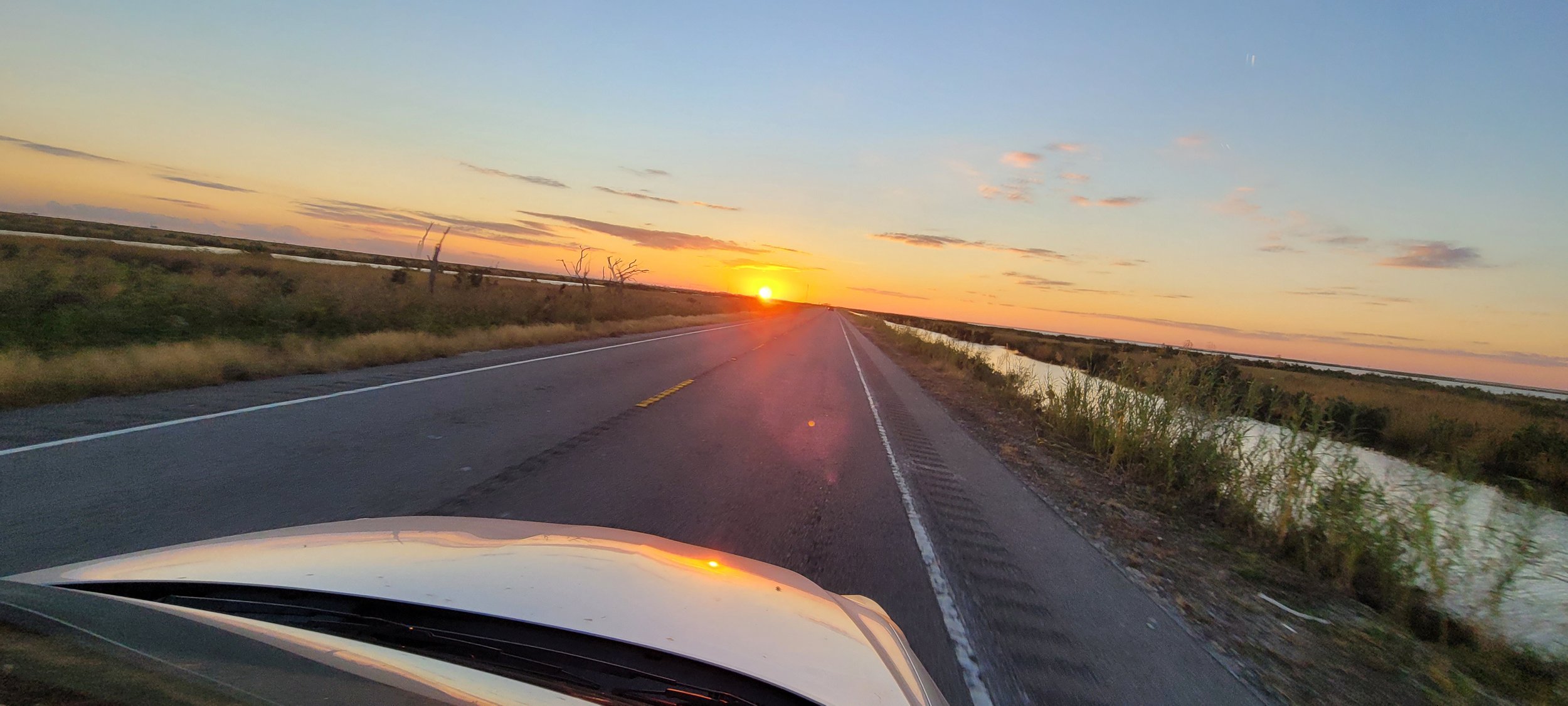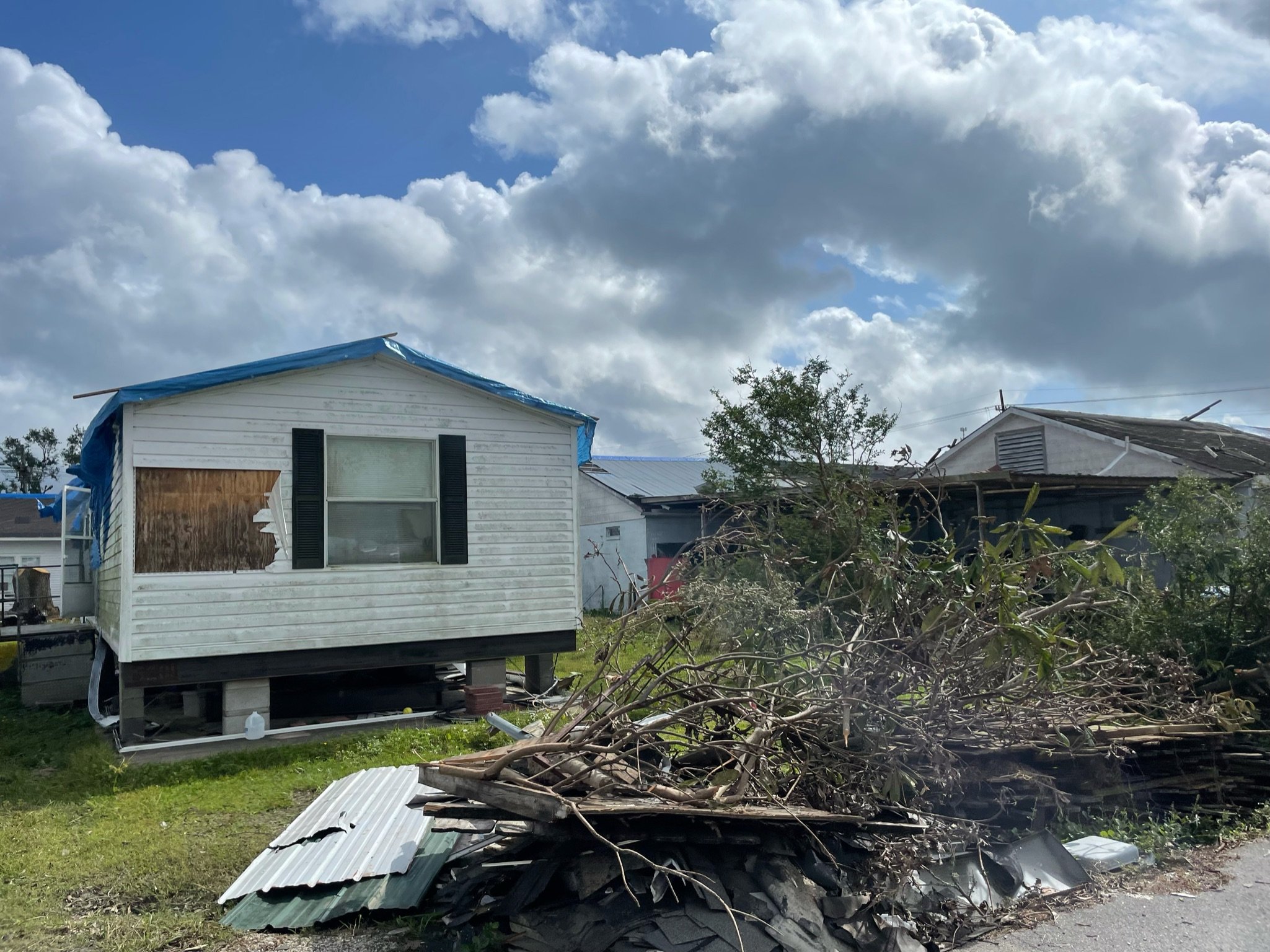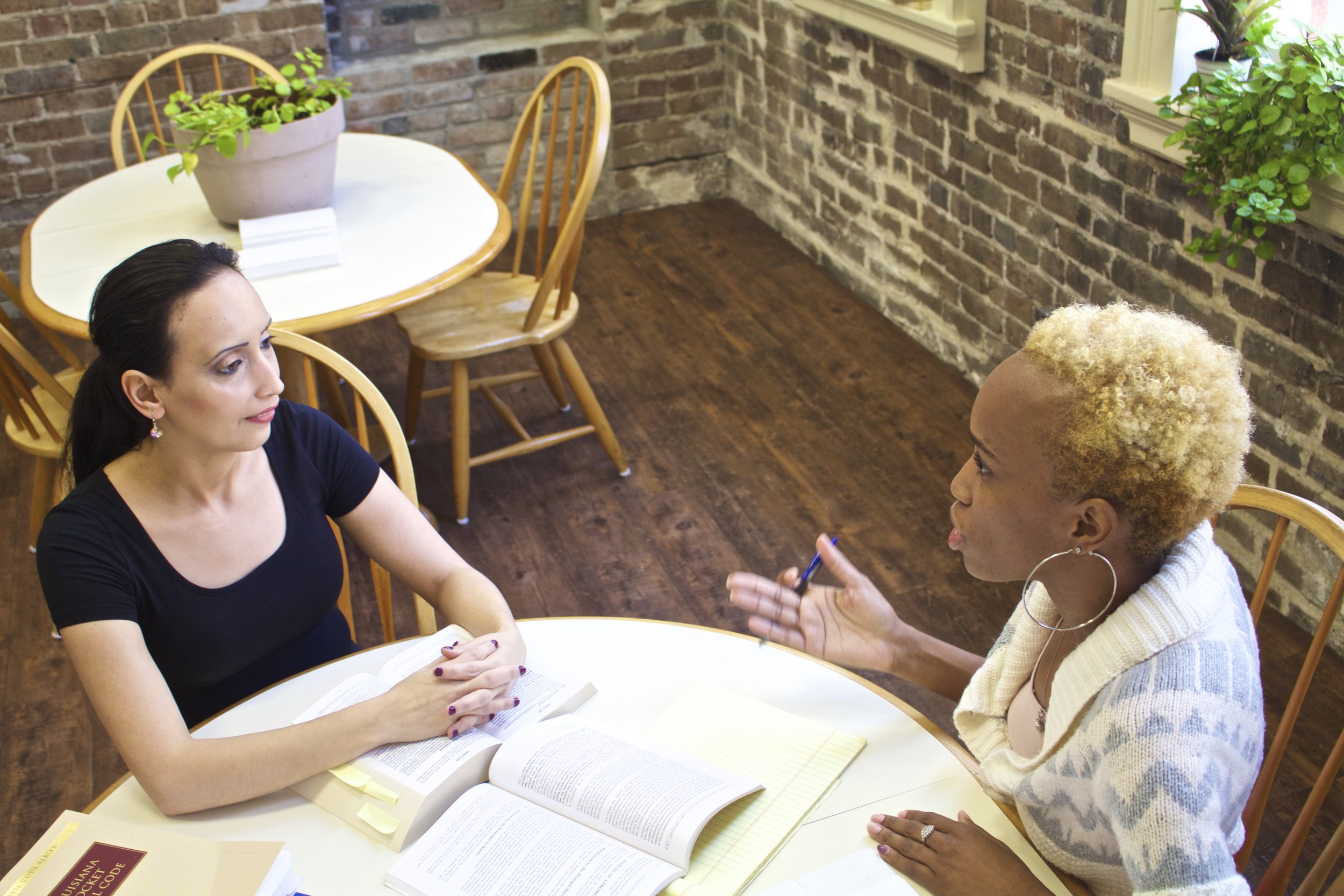PROGRAMS
Disaster outcomes are shaped as much by rules, deadlines, and processes as by the event itself. Before, during, and after impact, people are expected to navigate requirements that are bureaucratically dense, legally technical, and often misaligned with real life. ELR exists to close the gap between communities and the disaster systems that determine access, timing, and outcomes.
We do this through three program areas:
Education and Training: Plain-language understanding of disaster systems, timelines, rights, and common risks, so people can act early and avoid preventable harm.
Navigation and Early Intervention: Clear next steps when deadlines, paperwork, or denials trigger cascading harm, plus referral pathways that work when systems are overwhelmed.
Systems-Level Insight and Advocacy: Field-informed insight and coalition work to reduce recurring barriers and improve the policies and practices that shape disaster outcomes.










DISASTER SYSTEMS EDUCATION
Practical workshops that translate disaster systems into usable steps across readiness, response, and recovery, including documentation, denial response, and fraud prevention
Trainings for service providers and first responders
Tailored trainings for case managers, organizers, legal advocates, and responder teams focused on early risk-spotting, accurate guidance under time pressure, and referral and escalation pathways.
“ELR’s Scams & Fraud Workshop was engaging, informative, and incredibly valuable as more and more communities are hit with climate-driven extreme weather—and disaster scams. I’d highly recommend this for anyone living in an area vulnerable to hurricanes, fires, and flooding, and would encourage participants to share takeaways with friends and family, especially the elderly and immigrant community who are most easily taken advantage of.”
-Deanna Noël Campaigns Director, Climate Program at Public Citizen (July 2025)
"Amelia’s conversation with my Social Problems class was one of the most engaging and refreshing guest sessions we’ve had. She introduced students to the concept of disaster justice and pushed them to think critically about how law and policy shape who recovers and who doesn’t. Afterward, students expressed interest in career paths connected to disaster recovery and justice."
-Cameron Leahy PhD, Visiting Assistant Professor, Tulane University (April 2025)
SYSTEMS INSIGHT AND ADVOCACY
We turn partner feedback and field observation into practical recommendations, tools, and coordination pathways that improve access, timing, and outcomes during events and between disasters.
United Houma Nation RISING Project
We're collaborating with the United Houma Nation on the planning and development of a Resilience Hub in Houma, Louisiana. This Hub will serve as a year-round community space and, during disasters, provide critical services like power, water, communication, and cooling. It’s part of UHN’s larger effort to build infrastructure that meets the realities of repeated hurricanes, land loss, and recovery challenges.
Rethinking Disaster Communication Systems
We're working with researchers from Stanford and the University of Michigan, in partnership with the City of New Orleans, to understand how emergency alerts and disaster information reach local residents. Through community-led focus groups, we're gathering insight from New Orleanians about what’s working, what’s not, and how these systems can improve. This project centers local voices in shaping more equitable, accessible ways to communicate during emergencies.
ONLINE DISASTER EDUCATION AND UPDATES
An online library of plain-language tools plus rapid updates when rules shift, deadlines change, or misinformation spreads, distributed through partner networks in accessible formats and multiple languages when needed.
